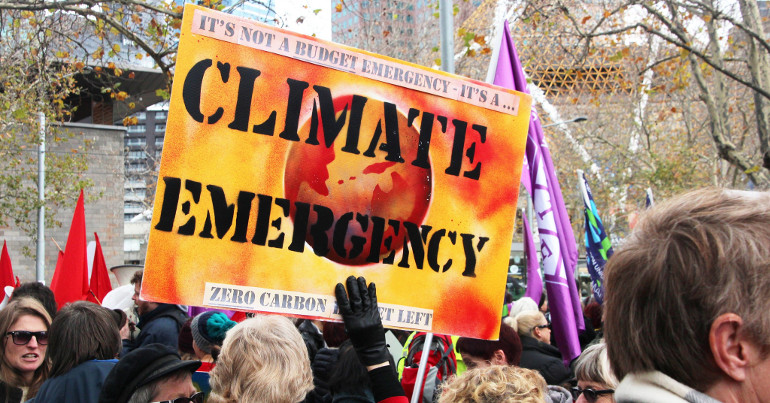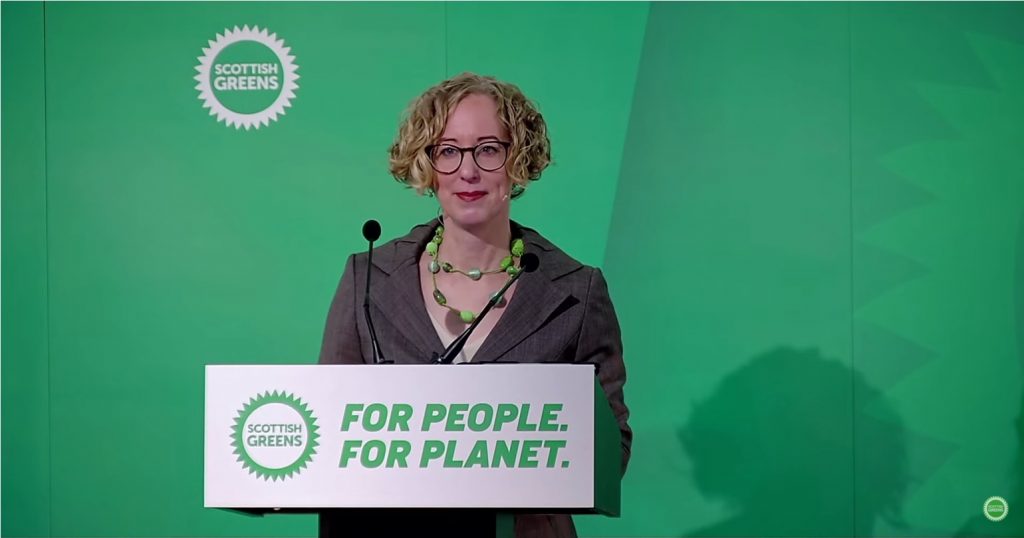“No more business as usual”: Green councillors press for action to follow climate emergency declarations

Green councillors and environmental activists are pressing for action following the passing of climate emergency motions at over 20 local authorities and counting.
While the declarations state that global warming must be kept within 1.5 degrees of current temperatures globally, based on the Intergovernmental Panel on Climate Change (IPCC) report published in October last year, it doesn’t commit the authority to any local action to achieve this.
Politicians and activists now face the more difficult task of turning their motion into effective climate action.
Some councils have done this by coupling their emergency declaration with new targets for emissions.
A window into Bristol
Bristol City Council, who kickstarted the movement in the UK when they declared an emergency in November, aim to be carbon neutral by 2030 – the most ambitious initiative in the country until Nottingham announced their 2028 target in late January.
Councillor Carla Denyer, who proposed Bristol’s emergency motion, emphasised the importance of local action.
The Green Party of England and Wales representative for Clifton Down said:
We can’t wait for the UN or national governments to negotiate when we have just 12 years to act – we have to show how it’s done and commit to ambitious action at the level of cities.
Bristol Green Party suggested measures such as electrifying council vehicles, requiring higher energy efficiency for new developments and reconsidering support for an expansion of the city’s airport as actionable steps that could be taken towards carbon neutrality.
The mayor has been given six months to come up with a plan that will make Bristol carbon neutral by 2030 – far ahead of the targets set by national government.
Turning to Oxford
The importance of taking local action is echoed by Craig Simmons, leader of the Green Group on Oxford City Council, as well as incoming Lord Mayor of the city.
For Craig, when it comes to carbon cutting:
If we’re going to point fingers it should probably be at local government.
We’re starting a big campaign against building more park and ride. It leaves no money for carbon measures, it costs £6000 per car park space.
But these battles will be hard fought – Oxford’s road to a climate emergency was rockier than Bristol’s.
When they first proposed the motion last year no other city had declared a state of emergency, but the council ran out of time to discuss the proposal.
Once the motion was resubmitted in January, the climate emergency campaign was in full swing, but they are struggling to transform a symbolic act into something meaningful after Labour made amendments to the motion which robbed it of much of its clout.
Unlike many cities, Oxford’s council hasn’t committed to any long-term carbon goals and Green councillors like Craig are having to tackle the reluctance of other parties – particularly when it comes to changing spending habits.
According to Craig:
If it’s going to mean something it must mean we spend our money in new ways. No more business as usual afterwards.
Across the country
There’s big community support though, the success of the climate emergency feeding into further climate action, including the recent school strike protests.
In fact, the public appetite for radical environmental policy at a local level might be what unites the climate emergency campaigns across the country.
Activists, from both the Green Party and other campaign groups, have put forward petitions and flooded council meetings, as though a tipping point in public consciousness has been reached.
In Norwich, Extinction Rebellion campaigners were carried out of the city council chamber by police after a sit-in urging a rethink on a new road – a climate emergency had failed to be declared in December.
What about Brighton?
In Brighton, the community is organising campaigns parallel to the work being done by elected Green representatives.
Local councillor Ollie Sykes put forward Bright’s emergency motion, which passed in December. Sykes said help from the community had been a crucial “push from within” in successfully declaring an emergency, as well as transforming that motion into real changes with “people asking what to do to keep the momentum up”.
He admitted his residents may be more enthusiastic about fighting climate change than communities in other parts of the country.
In Brighton there’s a lot of public pressure and expectation to be green, councillors from all parties are subject to public pressure to be environmentally conscious said Ollie, who put forward Brighton’s emergency motion, which passed in December.
As such, motions on environmental issues – like the climate emergency, but also plastic waste – are often passed unanimously.
As Sykes put it “the key challenge is then to do something about it”.
In the last full council meeting Greens had to specifically ask what would be done as a result of the emergency declaration and so far approving wording for a website banner has been the first step.
Yet Brighton and Hove have taken the step of linking the “twin” emergencies of the climate and bio-diversity, the only place in the country to do so.
But whether its biodiversity, ending airport expansions or investing less in cars, there’s momentum in our cities that must be capitalised on – if the climate emergency movement is to become more than just words.




Leave a Reply